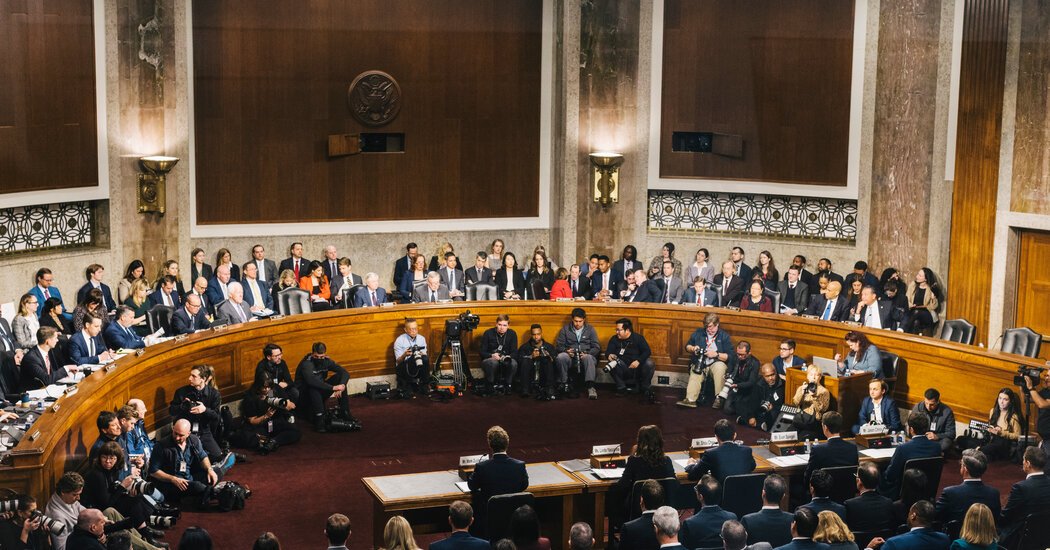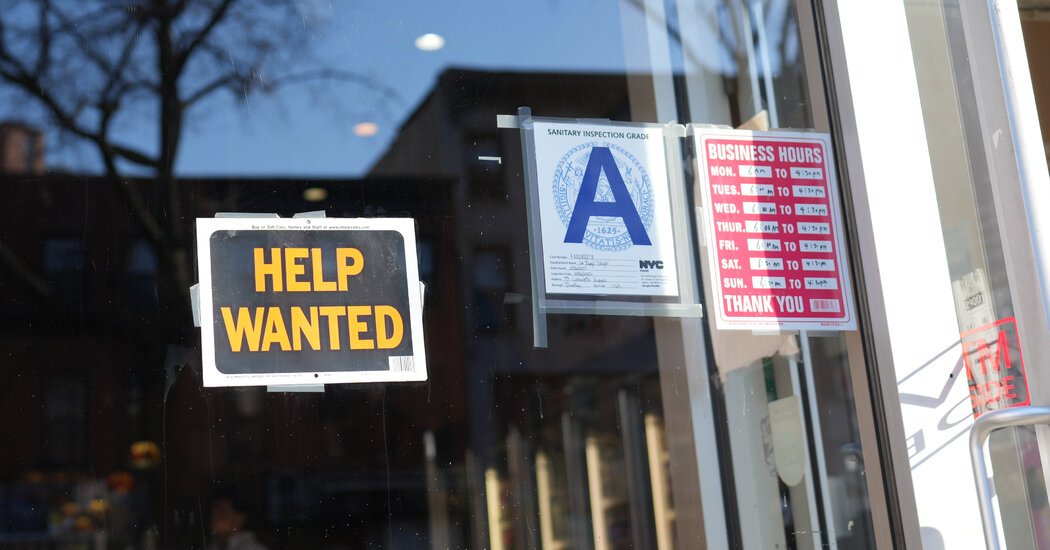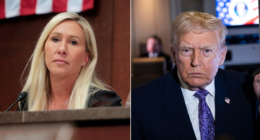In the final minutes of a congressional hearing on Wednesday in which tech chief executives were berated for not protecting children online, Senator Richard J. Durbin, Democrat of Illinois, urged lawmakers to act to safeguard the internet’s youngest users.
“No excuses,” he said.
Lawmakers have long made similar statements about holding tech companies to account — and have little to show for it. Republicans and Democrats alike have at various points declared that it was time to regulate the tech giants over matters such as privacy and antitrust. Yet for years, that was where it ended: with no new federal regulations for the companies to follow.
The question is whether this time will be different. And already, there are indicators that the topic of online child safety may gain more traction legislatively.
At least six legislative proposals waiting in the wings in Congress target the spread of child sexual abuse material online and would require platforms such as Instagram, Snapchat and TikTok to do more to protect minors. The efforts are backed by emotional accounts of children who were victimized online and died by suicide.
The only federal internet law to pass in recent years, SESTA (for the Stop Enabling Sex Traffickers Act and the Fight Online Sex Trafficking Act), which made it easier for victims of sex trafficking to sue websites and online platforms, was approved in 2018, also after heart-wrenching testimony from a victim’s mother.
Child safety is a personally relatable and visceral topic that is an easier political sell than some other matters, online safety experts and lawmakers said. At Wednesday’s hearing, confronted with stories of children who had died after sexual exploitation, Mark Zuckerberg of Meta said he was sorry that families had suffered.






